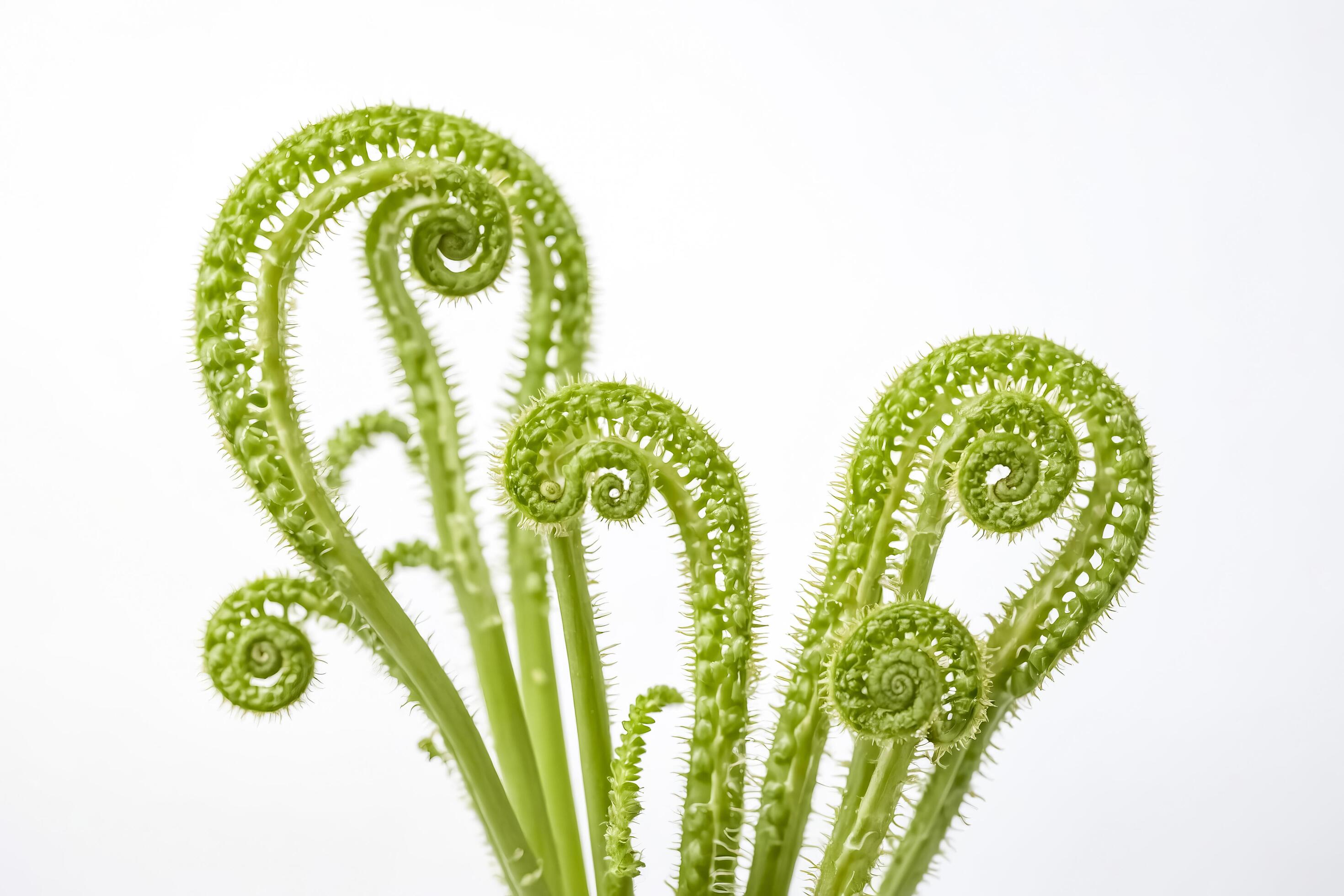A child is not born into obedience. They arrive wild and unshaped, belonging first to the wind, the earth, and the pulse of creation itself. Before they know words for what they feel, they are feeling, pure, immediate, unguarded. Their honesty unsettles us because it mirrors what we once were, before we learned to trade wonder for control.
Within a child lives a wilderness; a sacred landscape untouched by rules, yet deeply ordered in its own way. It is the rhythm of curiosity, the unfiltered expression of joy and sorrow, the rawness that refuses to conform to our notions of “should.” And when we come close to this wilderness, something stirs within us: the memory of our own untamed beginnings.
Children draw forth what lies hidden. Their laughter can awaken our long-buried playfulness, and their tears can surface the echoes of our unhealed wounds. In their presence, we are called to meet ourselves again; not as we wish to appear, but as we truly are. They demand authenticity, not perfection; presence, not performance.
When we watch children not to correct, but to discover, to see what newness they are bringing into the world, we begin to learn what else is possible. Their hands move from imagination untainted by fear or expectation. In them, creation flows directly from spirit to form, unfiltered by the patterns we’ve inherited. And if we can slow ourselves enough to witness that, they show us new ways to apply ourselves, to build, to explore, to dream, from the same pure place of creation.
Like the relationship between human and nature, children require our support, not as rulers, but as peers and guiding adults. They move in and out of our sphere for security, drawn by the natural rhythm of connection and independence. There exists between us a kind of feedback loop: our presence steadies them, and their openness reminds us of our own belonging.
A child who is supported and guided rather than controlled will flourish and be full within. They will feel secure in the world and bring a light that truly contributes, rather than fumbling through a broken lens of being. This is how the next generation grows whole, through love that strengthens without binding, and through guidance that honours their inherent knowing.
To walk beside a child is to walk through the terrain of one’s own becoming. Each question they ask, each boundary they test, is an invitation to grow, to soften, to listen, to love more deeply than we thought we could. They do not ask us to be flawless; only to be real.
Through their growing, we are offered another chance at our own childhood, this time with awareness.
We learn that guidance is not control, that nurture is a kind of surrender, and that in helping them unfold, we too are being remade.
And so, the wilderness within a child becomes our teacher. It shows us that innocence is not ignorance, it is intimacy with life before it is divided by fear. To protect that wilderness, in them and in ourselves, is to protect the living spirit of creation itself.
Just as the forest thrives when each tree is allowed its own form and space, so too does a child flourish when nurtured by care, freedom, and connection. The health of a forest depends on its diversity and interdependence, as does the human heart. In this way, children remind us that we are part of the same living web: that when we honour the wild within them, we are tending the same wilderness that breathes through the rivers, the wind, and the beating of our own hearts.
Rachel Shields
Knowing In Nature 2025






